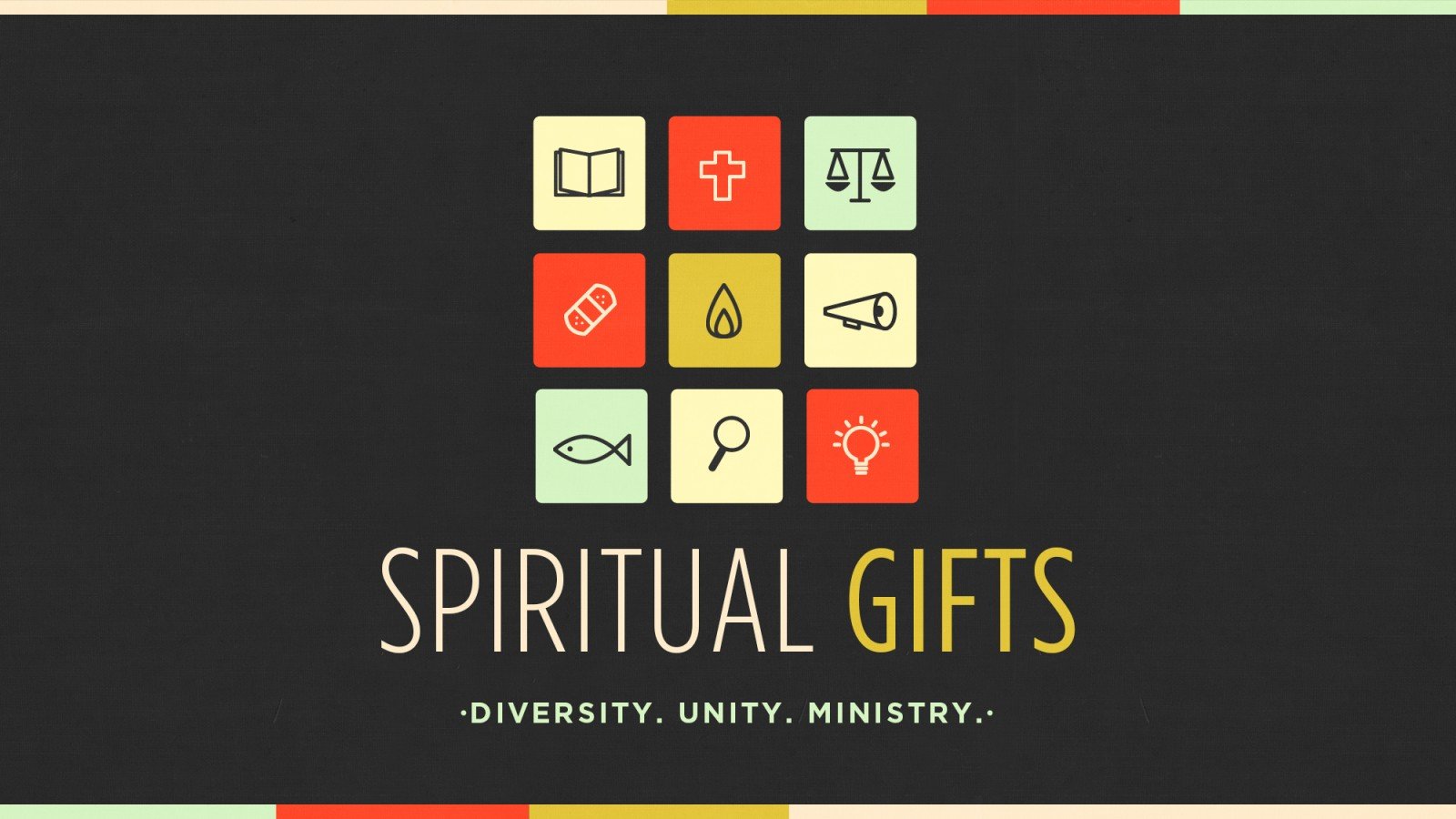
We commit to being faithful followers of Jesus through the local church by commuting to its ministries by our prayers, our presence, our gifts, our service, and our witness. This week, we dive into what it means to commit to using our gifts!
1st Corinthians 12:1-11, 2nd Corinthians 8:1-12 and 9:6-10 describe what that means...go ahead and read it....
Now, let's read from Dan Dick, director of connectional ministries for the Wisconsin Annual Conference of the United Methodist Church:
Spiritual Gifts — Primacy, Not Priority
A few years ago I received a letter from the lay leader of a congregation working on the discovery and development of spiritual gifts. One line stood out as I read the inquiry: "We are lacking in the greater gifts, but have an abundance of the lesser gifts." I phoned the author of the letter and asked her to explain more fully what she meant.
"In First Corinthians (12:27-31) Paul writes that the gifts God gives are first apostleship, second prophecy, then teaching, and on down the line. We have lots of administrators and helpers, but no prophets, apostles, or teachers. We are really depressed that we don't have any of the really important gifts."
This comment reflects one of the most common mistakes we make in our thinking about spiritual gifts. All gifts are important, and each may be the most important gift in any given situation. All gifts are necessary; and in different combinations, all gifts have the power to transform lives and glorify God. Paul does not write to prioritize spiritual gifts, but to explain the order in which they were revealed and employed in the church at Corinth. A gardening metaphor may help illustrate.
First, apostles entered to break up and plow the soil. Prophets then followed to plant seed in the tilled earth. Teachers fed and watered the new growth. Miracle workers shone life-giving sun, while healers weeded and hoed. Helpers and servants harvested, administrators organized and packed, and those with the gift of tongues delivered the growth to new sources. Paul describes a linear process whereby the gospel grew from barren ground to bounteous fullness to feed starving souls beyond the confines of the established congregation.
Is this the only order in which this wondrous work might happen? Of course not. God's Holy Spirit works in combination with each community of faith to lay a foundation and build upon it with whatever gifts are shared. The important thing to note is that whatever gifts are present, those are the right gifts — each valuable and necessary to the greater will of God.
Paul writes of primacy, not priority, when he helps the Corinthian congregation understand its identity as the body of Christ. Seek ways to better understand how you might use, combine, and grow the gifts God has given your faith community.
*Dan is director of connectional ministries for the Wisconsin Annual Conference. He is the coauthor of Equipped for Every Good Work.
Prayer*
Breathe on me, Breath of God,
fill me with life anew,
that I may love what you love,
and do what you would do.
*Breathe on Me, Breath of God, United Methodist Hymnal, 420, modified for contemporary english
In Christ,
Jack
No comments:
Post a Comment